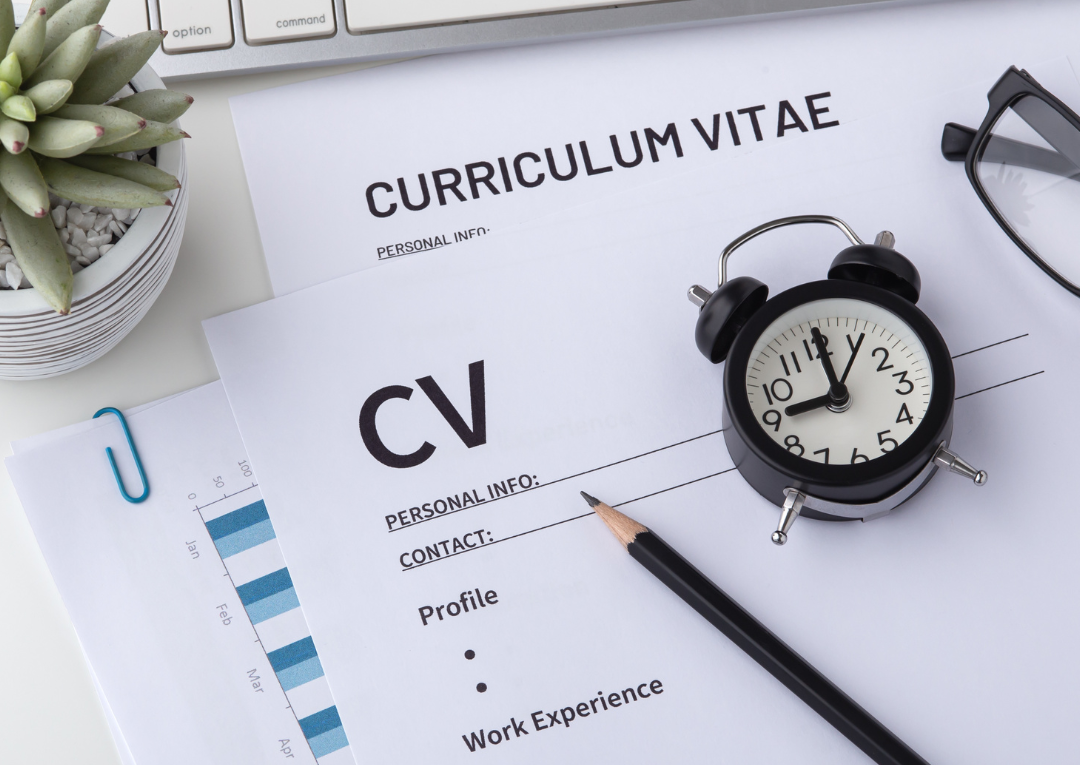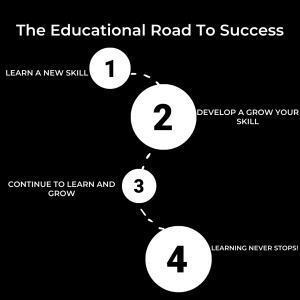How to Prepare Your Curriculum Vitae
When you’re applying for a job, there is no shortage of advice telling you how to write a cover letter, but what about your CV? Your curriculum vitae (CV) tells the employer everything they need to know about your past experience, education, and skills. It’s not just a laundry list of facts; it’s an opportunity for you to tell your story and explain how it relates to the job at hand.
If you want to create anything less than an outstanding CV, skip this post and move on. But if you want tips that will help get your foot in the door (and keep it there), read on!
Create a CV Template
While it may seem like a lot of work at first, creating your own template is worth the effort. It will save you time and make writing your CV much easier in the long run. You can get a template made with the help of these online https://cvexperts.com/, but if you want to do it yourself, here’s how to create a useful CV template:
Decide what information you think will be most helpful for potential employers or schools to have access to on your CV. Include relevant coursework that helped prepare you for jobs or internships, internship experience, extracurricular activities, leadership positions, and awards won during college or after graduation.
Create sections that are easy to understand and update. For example, if we were creating an account executive’s resume, we would include sections with headings such as “Professional Experience,” “Education” (including high school diploma/GED), and “Skills & Abilities” (including any computer programs used regularly over the years).
Next, create a format that can easily be read and understood by someone who doesn’t know you. An excellent way to do this is by using bullet points or short phrases in each section. This makes it easy for employers to scan through your resume and quickly find what they’re looking for, and it also allows them to see how well-organized you are.
Think of Your CV as an Opportunity to Tell a Story About Yourself
If you haven’t already, it’s time to think of your CV as an opportunity to tell a story about yourself. This involves thinking about what you’ve done and what people have learned from you. Your CV should be an opportunity for someone who reads it to know who you are, what your accomplishments are, and what kind of person they’ll be working with if they hire you.
Include Your Personal Information
It’s important to include your personal information, including:
- Name, address, and phone number: Make sure you have this information handy, so you can make changes quickly when needed. Include a mailing address for where mail can be sent if necessary.
- Date of birth: Again, ensure this is correct and up to date. You don’t want any surprises later down the line.
- Marital status: Single or married? As well as gender, national origin, citizenship status, religion, and ethnicity (if applicable).
List Your Work Experience, Education, and Skills
In the section about your work experience, the interviewer can see your career path and how it fits with their job. List your skills in reverse order of when you learned them (most recent first). If you don’t know much or anything about the job in the real world, you should put education before this section.
Put your most recent education and dates at the top of the list. You can list the type of degree you have, the title of your dissertation, the courses you’ve taken, your professional qualifications, and your best academic achievements that are relevant to the job.
Write an Objective or Summary Statement
A summary statement is a short paragraph that summarizes your skills, experience, and personal qualities. It should be no more than one or two sentences in length. The summary statement should also be written in the first person (“I am…”), reflecting how you see yourself.
If you are just beginning your career and don’t have much experience yet, this may feel like an impossible task for you-how can someone summarize their entire life’s work in just two sentences?! But trust me: it can be done!
As with the objective or career goal section above, ensure that whatever comes out of this represents what matters most to you, not what someone else thinks would help get them interested in hiring you.
The summary statement is also an opportunity for you to highlight any special skills or experiences that are relevant to your field but may not be obvious from your work history. For example, if you’ve worked as a volunteer at a local animal shelter for many years and this experience has given you excellent customer service skills and fostered your compassion for animals in need, then by all means include it.
Remember, your CV is likely to be the only thing an employer reads before deciding whether or not to interview you. So, make sure it’s good!


